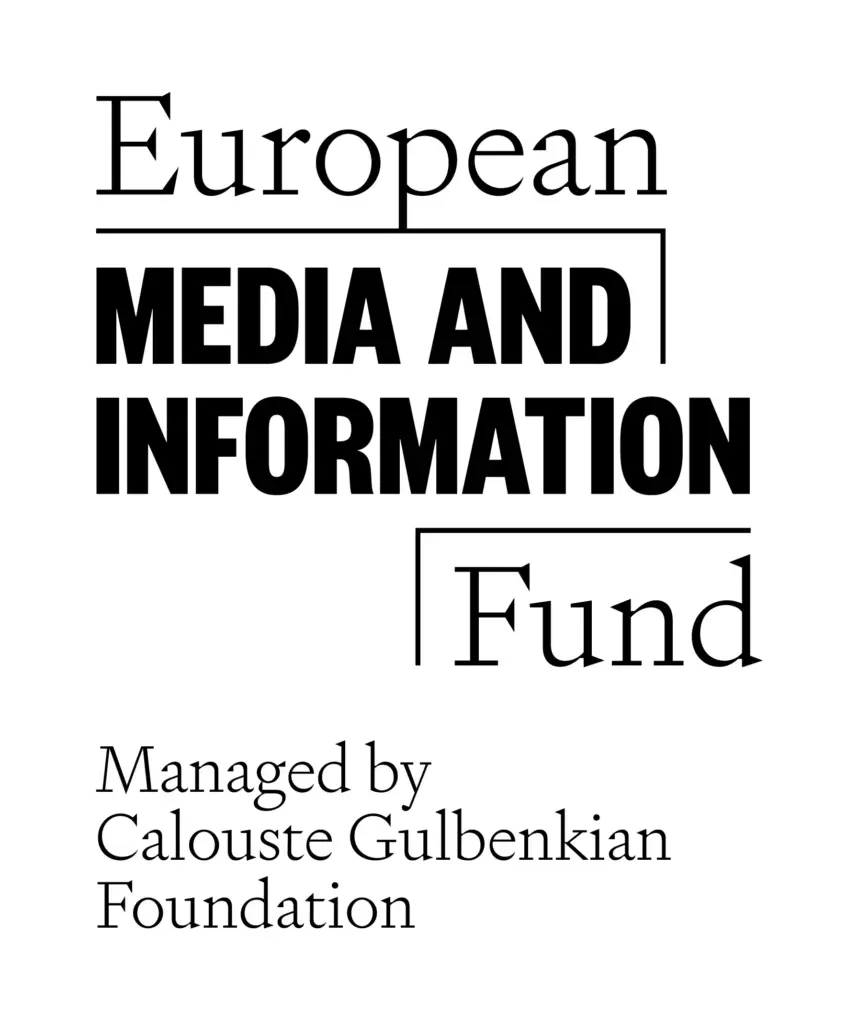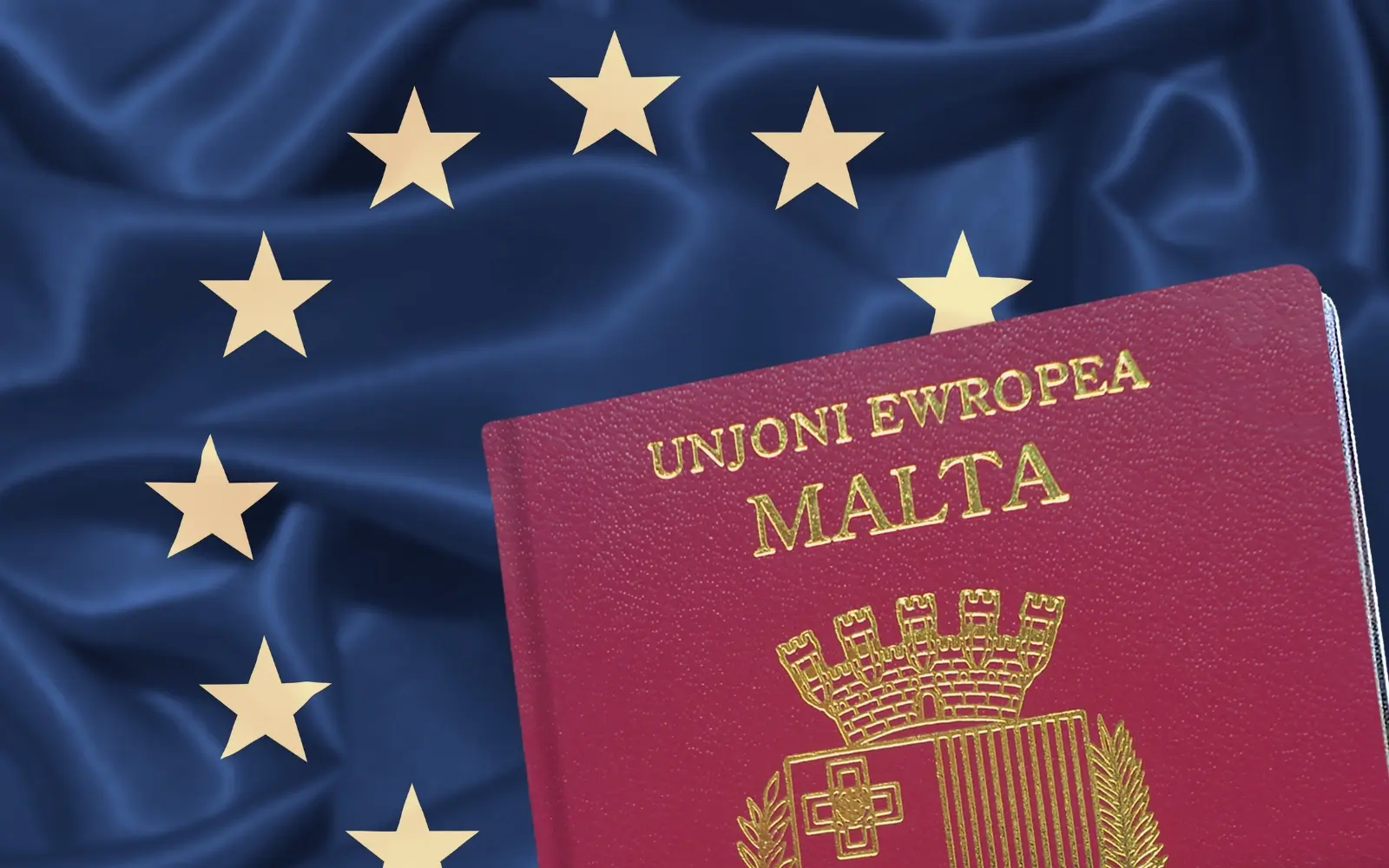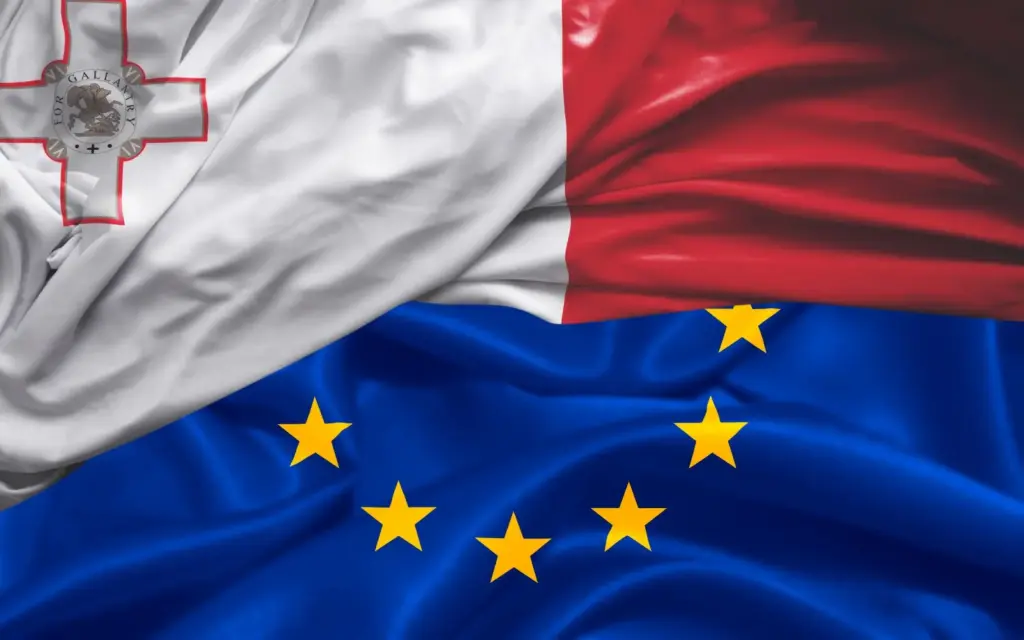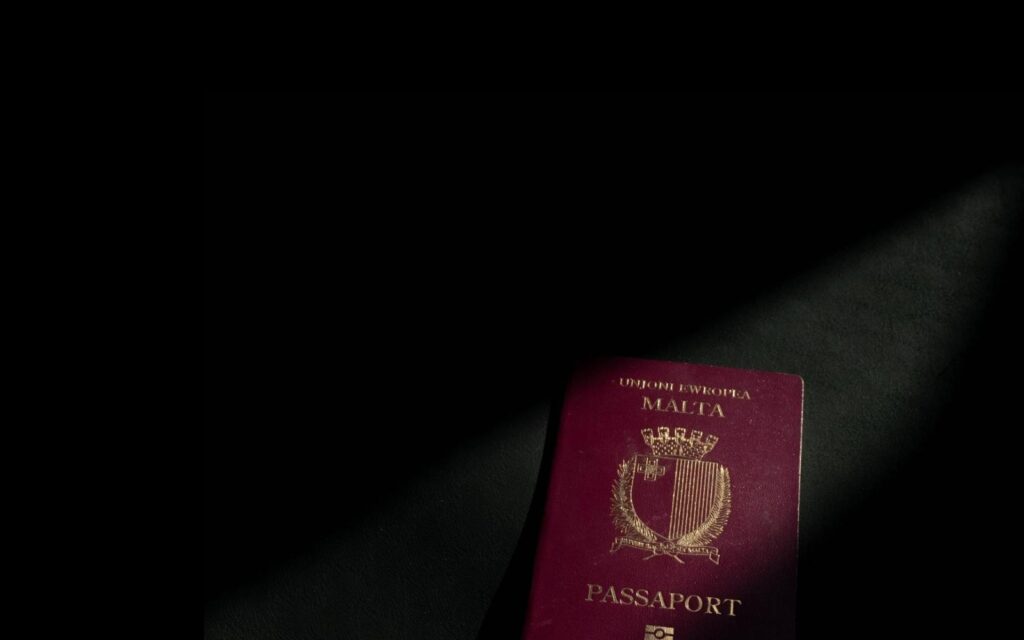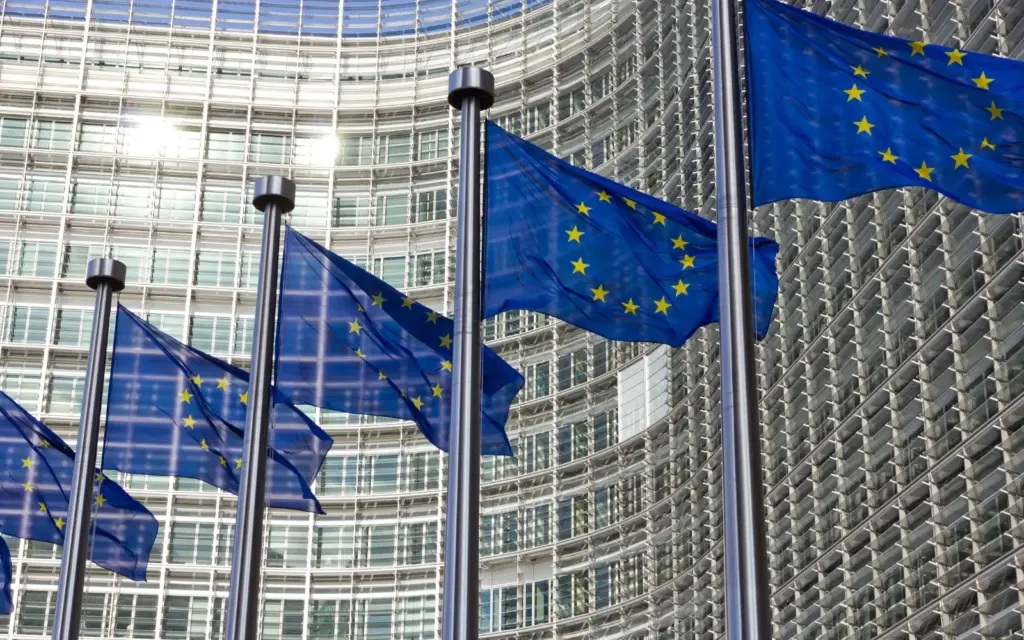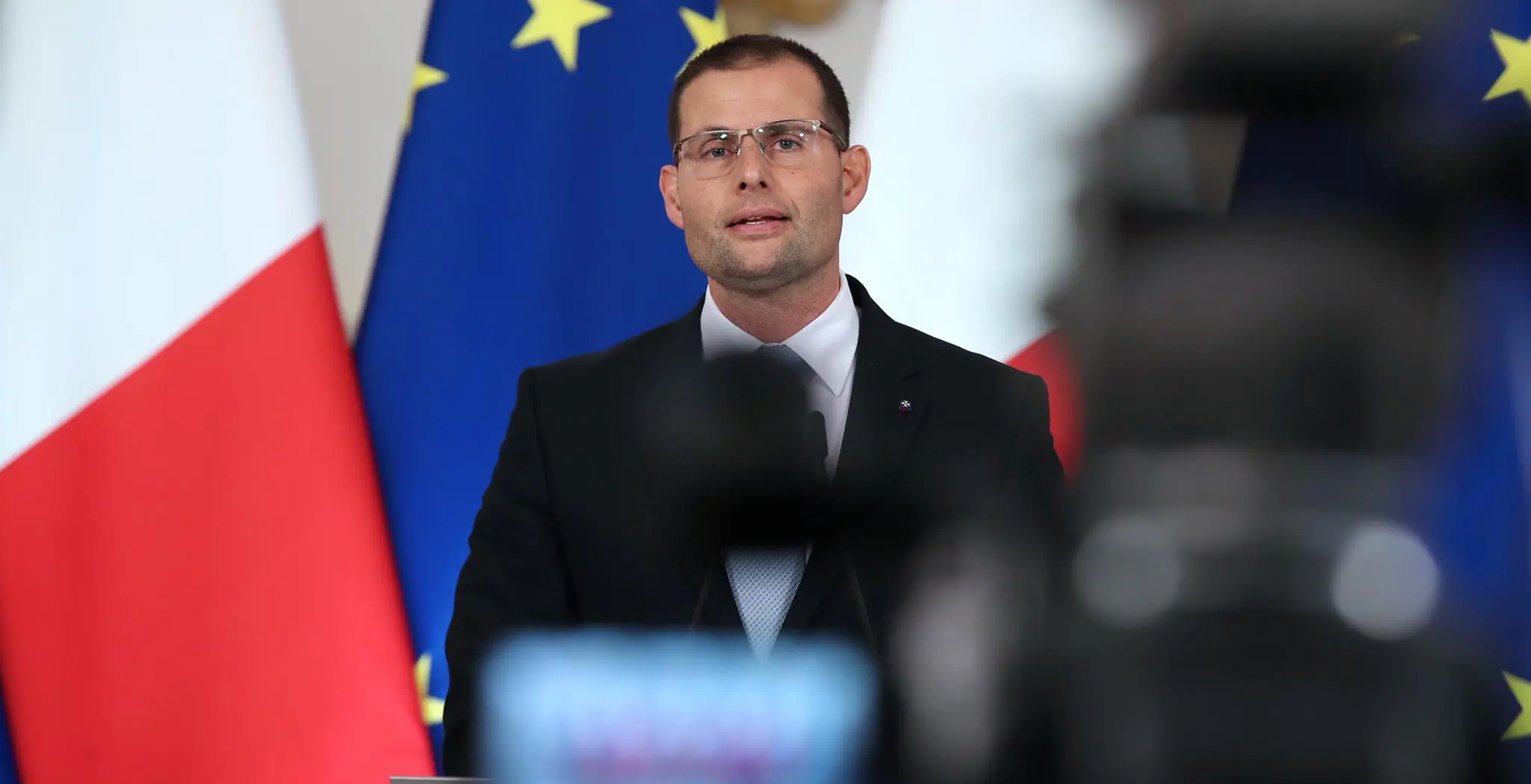The European Commission is challenging Malta’s Bill 55 after two years of tensions between gambling companies and courts in EU states, such as Austria — a move that Malta’s government and Malta Gaming Authority are resisting.
A 2023 amendment to Malta’s Gaming Act through Bill 55 mandates Maltese courts reject court judgements from other countries that undermine “the legality of the provision of gaming services in or from Malta”.
On 18th June, the European Commission announced that it was opening infringement proceedings against Malta “for failing to comply with its obligations under the Regulation on jurisdiction and the recognition and enforcement of judgements (Regulation (EU) 1215/2012) in the area of gambling” – referred to locally as ‘gaming’.
Malta’s government and its regulator, the Malta Gaming Authority (MGA), dispute the Commission’s stance. Government argues that Bill 55 “does not establish new or separate grounds for refusing recognition or enforcement”, with the MGA elaborating that the refusal to recognise court judgements is not a blanket ban.
Is Malta protecting its industry, or applying a creative interpretation of EU law? Let’s look at the facts.
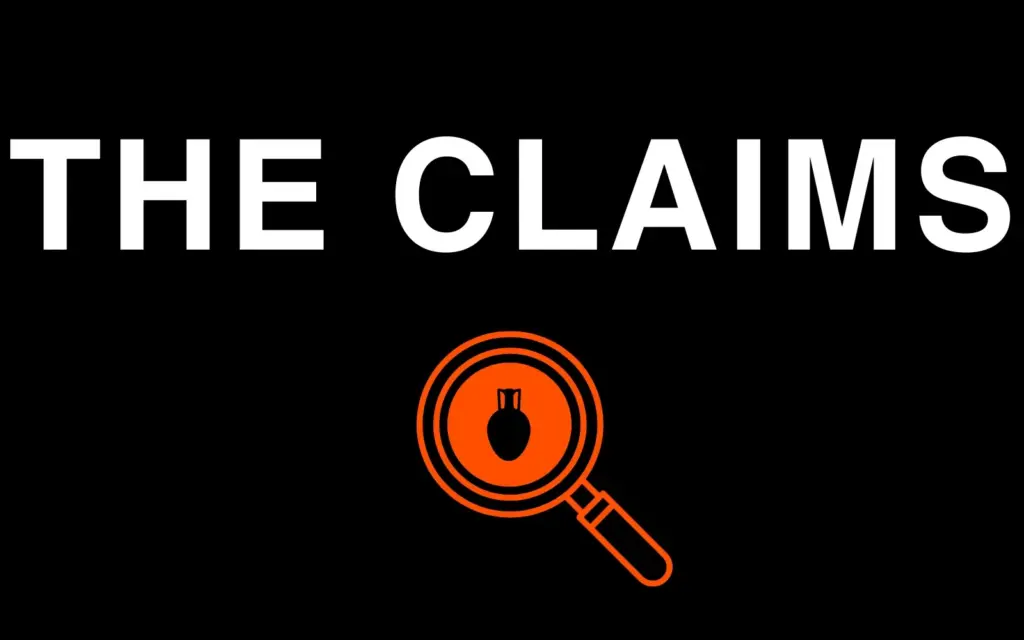
According to the MGA, the legal amendment “does not impose a blanket ban on enforcing European judgements against Maltese-licensed gaming companies, nor does it shield them from legal action in other EU courts”
This is a position that MGA expressed in 2023, when the bill was adopted, saying that the amendment “enshrining into law the country’s existing public policy that protects the status of the Maltese gaming licence from unfounded challenges” and that “the law does not preclude any action whatsoever from being taken against a licensee”.

Bill 55 was tabled by Economy Minister Silvio Schembri “to codify in law the longstanding public policy of Malta encouraging the establishment of gaming operators in Malta”.
The bill amended the Gaming Act to state that “the Court shall refuse recognition and/or enforcement in Malta of any foreign judgement and/or decision given upon an action” that “conflicts with or undermines the legality of the provision of gaming services in or from Malta”.
Gambling laws are not harmonised in the EU, and there is no obligation for authorities to recognise gambling licences from another EU country. There is case law that repeatedly recognises the rights of EU countries to restrict the cross-border market of gaming services, but restrictions (such as more stringent criteria for a national licence) must be proven to be proportionate.
According to the government of Austria, “cross-border supply of gambling activities is not allowed”.
“Gambling activities, e.g. via electronic media (Internet) offered internationally, are also subject to the national gambling monopoly and may not be advertised or executed within Austria. Interventions into the monopoly are punishable by civil law or administrative penalty regulations of the gambling law”.
The EU Regulation 1215/2012 stipulates that court judgements are to be enforced, except when refused on specified grounds, one of which is public order.
The public order is understood as “rules that Member States deem of special importance” – something not clearly defined and subject to debate. Abroad, such debates have occurred, for example, on the recognition of marriage between cousins, surrogacy, or expropriation.
Malta itself has different regulations for land-based casinos, for example. They must have a government concession to apply for an MGA licence and are inspected daily. Only four companies had a licence to run land-based casinos, according to a 2024 report by MGA 2024.
According to Investigate Europe, authorities in Austria, Germany, Sweden and the Netherlands are dealing with “a deluge of consumer complaints about illegal gambling”. The crux of the matter: Malta-based firms operate websites without licenses in some countries they target.
This is how it works:
- Another country’s law requires that gambling companies obtain a national licence to operate.
- If a company targets such a country’s gamblers without a required licence, its contracts with gamblers are null and void under the law.
- Gamblers who lost money sue and win in national courts.
- To reclaim money from gambling companies headquartered in Malta, they need Maltese courts to recognise the foreign court judgement.
- That should be automatic in the EU, with limited exceptions. Bill 55 enshrines such an exception.
“Maltese courts apply Bill 55, and they reject enforcement of judgements based on it. There’s no reason why I should invest money, pay a Maltese lawyer, pay Maltese court fees, to bring a judgement to Malta where I 100% know that it will not work,” says Benedikt Quarch, co-founder and managing director of a company called RightNow. He represents German and Austrian claimants.
Amphora Media analysed Maltese court cases since the adoption of Bill 55. We found 81 first-instance judgements involving gambling companies and 32 appeals that cited the relevant legislation.
Not all of these were court judgements about refunding gambling losses. The court issued interim judgements on many procedural requests, responding to challenges brought by either side – the gambler or the company – including garnishee orders and requests for recusal.
This is how the cases ended:
- Interim judgements:
- Gamblers won only 3,
- Companies won 62.
- Cases where a final judgement was issued:
- Gamblers won 7,
- Companies won 9.
- Appeals:
- Gamblers won 5,
- Companies won 27.
Claimants have seen some success in Maltese courts despite Bill 55. In one case, a gambler won because the losses occurred before the law came into effect. Courts have also ordered refunds of losses with interest and, in another instance, upheld an Austrian enforcement order while refusing to release a company’s frozen funds. However, it temporarily suspended the actual transfer of money.
On the other hand, the court decided in favour of gambling companies in even more cases. In some cases, courts found that a gambler had “abused the process” by repeatedly filing identical applications and refused to recognise and enforce an Austrian judgement because it conflicted with Malta’s public policy and gaming laws.
Quarch argues that currently, there are relatively few cases in Maltese courts because gamblers and their lawyers do not expect a favourable outcome. “Everybody understands that the only reason why you can’t get the money at the moment is Malta and Maltese legislation,” he says.
“As soon as the European Court of Justice declares Bill 55 void, we can bring thousands of cases to Malta. So, Maltese courts can look forward to the day on which Bill 55 will be struck down, because on this day, there will be thousands of cases in the Maltese court system,” — lawyer Benedikt Quarch
Nearly half of the cases were about suspending a garnishee order and many stopped at that. “It’s not up to the Maltese to define when their courts may not implement a decision from another member state,” Miguel Poiares Maduro, a former advocate-general at the European Court of Justice (ECJ) and now an academic, told Investigate Europe earlier this year.

The Malta Gaming Authority’s statement that the amendment “does not impose a blanket ban” is somewhat true. There have been instances where gamblers have managed to enforce foreign judgements against Maltese-licensed gambling companies.
However, companies won the majority of cases, despite the fact that there is no single market for gambling services in the EU (countries are free to regulate it as they wish) and it is not clear how some gamblers’ claims went against Malta’s public order more than others. Malta is also opposing another country’s stricter approach to online gambling when its own framework for land-based gambling is dependent on government policy and concessions.
In the absence of legal certainty, one of the lawyers representing gambling company clients says that many cases have not even reached Maltese courts because they are waiting for the European Court of Justice’s decision.
Where countries like Austria protect their public order by introducing more stringent regulations, Malta claims to protect its public order by allowing gambling operators to avoid responsibility for failing to comply with the laws in Austria.
Where one country limits online gambling from abroad and another country legislates that such limits are not enforceable, there is a clash between two legal systems that is best tackled at the EU level.
Analysis of the judgements shows that a fifth of the wins were because the losses were experienced before Bill 55.
The rejection rate of other EU countries’ judgements in this area is high. Given that gamblers occasionally win cases despite Bill 55, it is not a blanket ban. But legal certainty over enforcement of foreign judgements is lacking.
The answer whether Bill 55 “systematically”, in the Commission’s words, shields gambling companies is somewhat true.
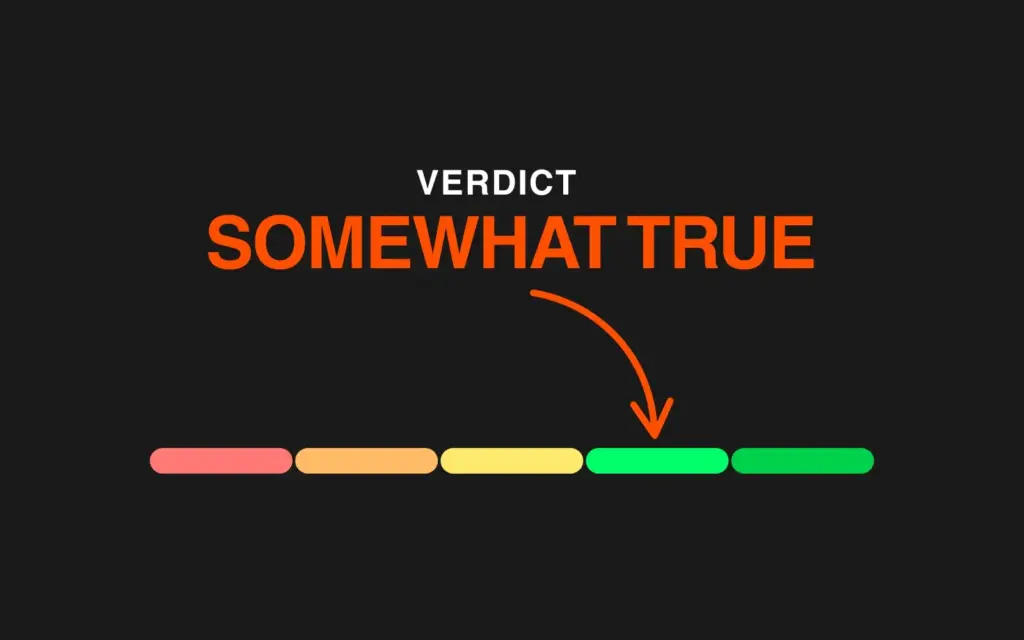
This project is supported by the European Media and Information Fund. The sole responsibility for any content supported by the European Media and Information Fund lies with the authors and it may not necessarily reflect the positions of the EMIF and the Fund Partners, the Calouste Gulbenkian Foundation and the European University Institute.
